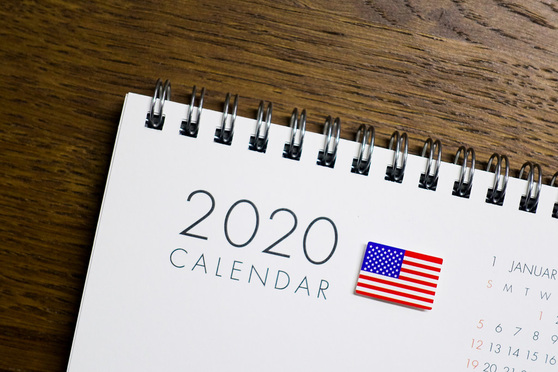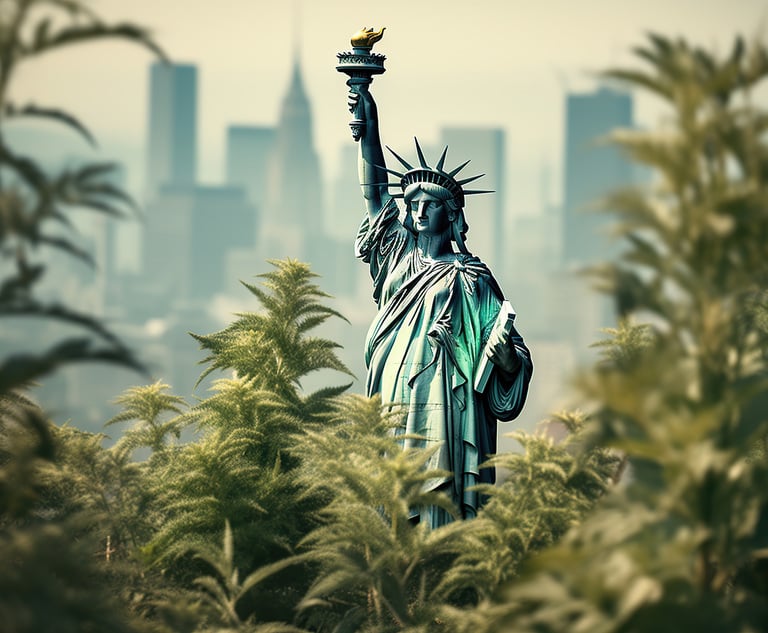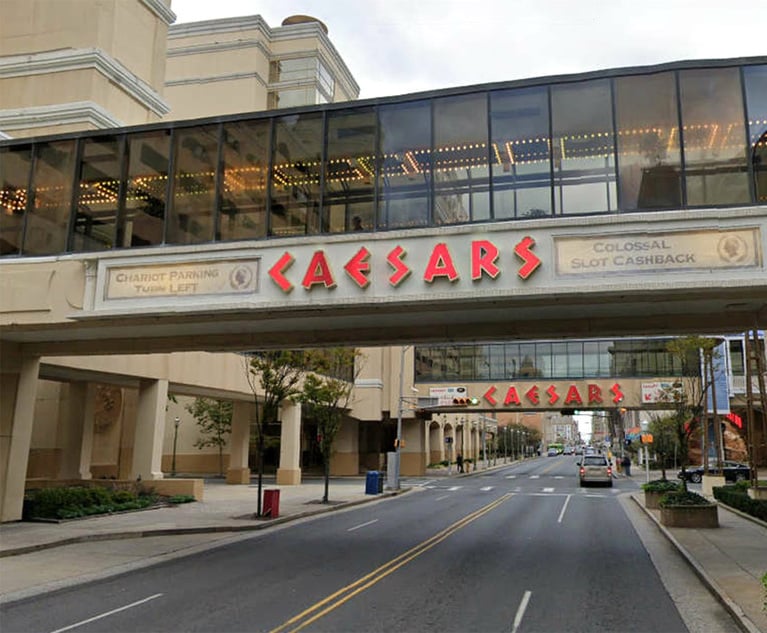Various rule-making deadlines for executive branch agencies have been extended past the end of New Jersey’s imposed public health emergency via an order issued by Gov. Phil Murphy on Tuesday.
Executive Order No. 127, among other provisions, allows for any rules or emergency rules that would expire during the current COVID-19 public health emergency in New Jersey to be extended until after the end of the emergency.
“Every state agency is fully focused on the fight against COVID-19 right now,” Murphy said in a release on Tuesday. “This executive order provides them with the flexibility they need by extending deadlines associated with their normal rulemaking work until after this crisis is over.”
The order takes effect immediately and pertains to “any contested case, any pending deadline for production and certification of a permitting record pursuant to N.J.S.A. 52:14B-10(a)(2); any pending deadline for filing of a recommended report and decision pursuant to N.J.S.A. 52:14B-10(c); and any pending deadline for adopting, rejecting or modifying a recommended report and decision.” Those deadlines “shall be extended by the number of days of the Public Health Emergency declared in Executive Order No. 103 (2020) plus an additional 90 days,” Tuesday’s order says, also providing for extensions of 270 days in certain cases.
“This extension shall not apply to cases proceeding as emergent under applicable rules,” according to the executive order. “This … does not apply to appeals to the Civil Service Commission from adverse actions specified in N.J.S.A. 11A:2-13 or N.J.S.A. 11A:2-6(a)(4), which are governed by N.J.S.A. 11A:2-15.”
It also provides for additional extensions of 30 days in certain cases, with the governor’s approval.
Murphy first declared New Jersey under both a public health and state of emergency on March 9 under Executive Order 103, when the new coronavirus made its entry and confirmed cases began to surface in the state.
That order was immediately followed by a series of other executive orders and mandates to shut down nonessential businesses, schools, offices and other venues to implement social distancing guidelines, including curtailing travel and person-to-person contact, and instructing many public and private employees to work from home, meant to slow the spread of the potentially deadly disease.
The governor later extended the emergency declaration on April 7 for up to 30 days.
As of Tuesday, COVID-19 had claimed the lives of 2,805 residents, with the total number of confirmed cases increasing to 68,824.
New Jersey is second only to New York in number of statewide deaths.
NOT FOR REPRINT
© 2024 ALM Global, LLC, All Rights Reserved. Request academic re-use from www.copyright.com. All other uses, submit a request to [email protected]. For more information visit Asset & Logo Licensing.









